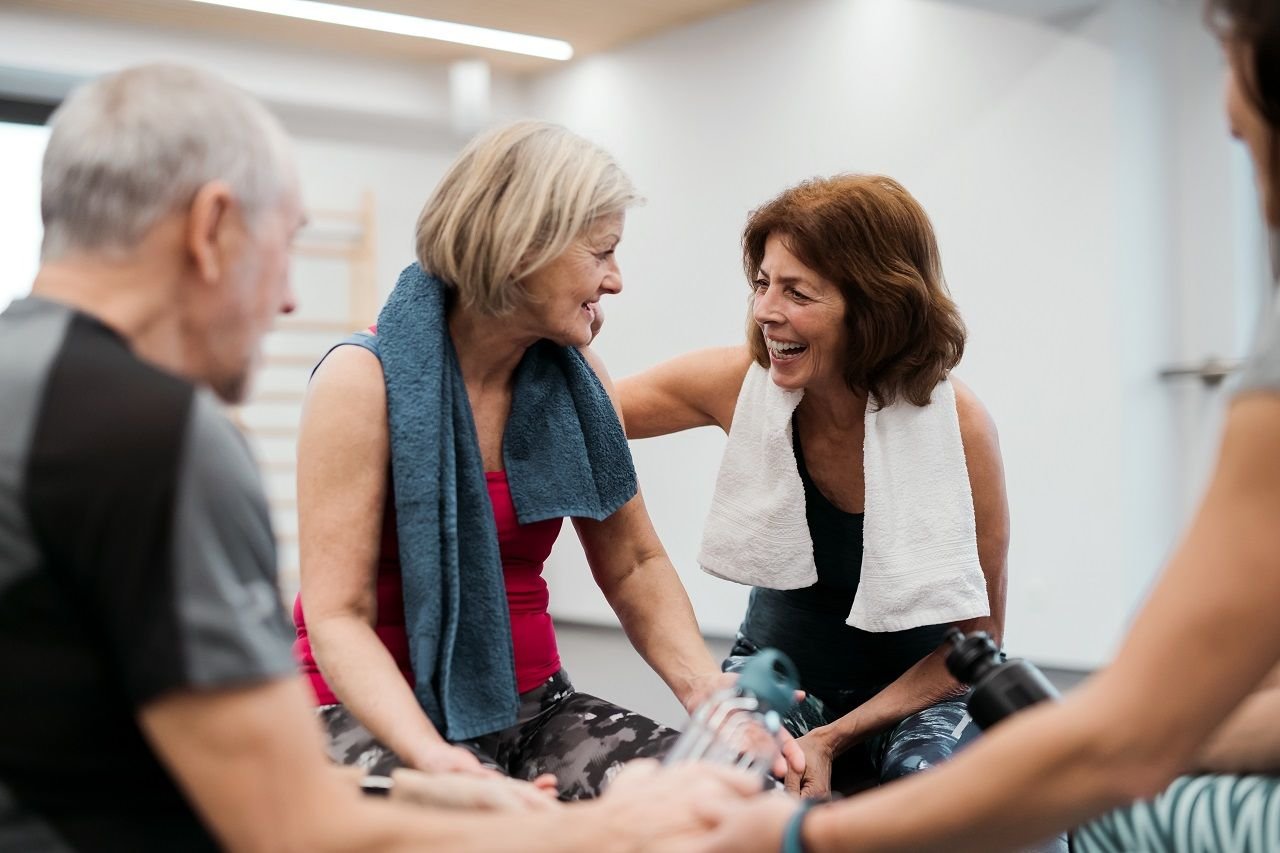Exercise bursts boost heart health
Study reveals benefits of intense bouts of activity, especially for women.

Incorporating short bursts of intense physical activity into daily life can significantly reduce the risk of heart disease, particularly for women, according to a new study.
The research, published in the Journal of the American Heart Association, focused on vigorous intermittent lifestyle physical activity (VILPA), which involves brief periods of intense exertion, such as sprinting up steps or carrying heavy groceries.
The study found that women who engaged in an average of 3.4 minutes of VILPA per day experienced a remarkable 45% lower risk of major adverse cardiovascular events (MACE), including heart attacks and heart failure.
Even modest levels of VILPA, ranging from 1.2 to 1.6 minutes per day, were associated with a 30-40% reduction in heart disease risk for women.
While men also benefited from VILPA, the effects were less pronounced. Men who averaged 5.6 minutes of daily VILPA experienced a 16% lower risk of MACE.
Researchers think this gender disparity may stem from women generally exerting themselves more during these short bursts of activity compared to men.
“These are short bursts of vigorous incidental activity, typically lasting [between] 10 seconds [and] one minute, that are part of people’s daily living,” said Dr Emmanuel Stamatakis, lead author of the study.
“This kind of activity may be more feasible than structured exercise for many people as it does not require preparations, time commitment, or travelling to a facility to be active.”
The findings have significant implications as they offer a readily accessible and practical approach to improving cardiovascular health.
VILPA can be easily integrated into daily routines, making it an attractive option for individuals who find traditional exercise programs challenging or time-consuming.
“My initial reaction to this study is one of optimism," said Dr Rigved Tadwalkar, a cardiologist.
“The findings suggest that even minimal amounts of VILPA can significantly reduce the risk of MACE in women who typically do not engage in structured exercise. This is especially encouraging for patients who find it challenging to adhere to traditional exercise regimens.”
Experts emphasise the importance of incorporating VILPA into everyday life:
"The easiest would be to use your environment to your advantage," said another cardiologist, Dr Cheng-Han Chen.
“For instance, if there are stairs in your home or in your workplace, then we’re talking about just taking one to two-minute brisk walks up and down the stairs just a few times a day [to] accomplish what the study has shown.”
Disclaimer: This article is for informational purposes only and should not be considered medical advice. Consult a healthcare professional regarding any health concerns or before making any significant changes to your exercise routine.
Related reading: Medical News Today





